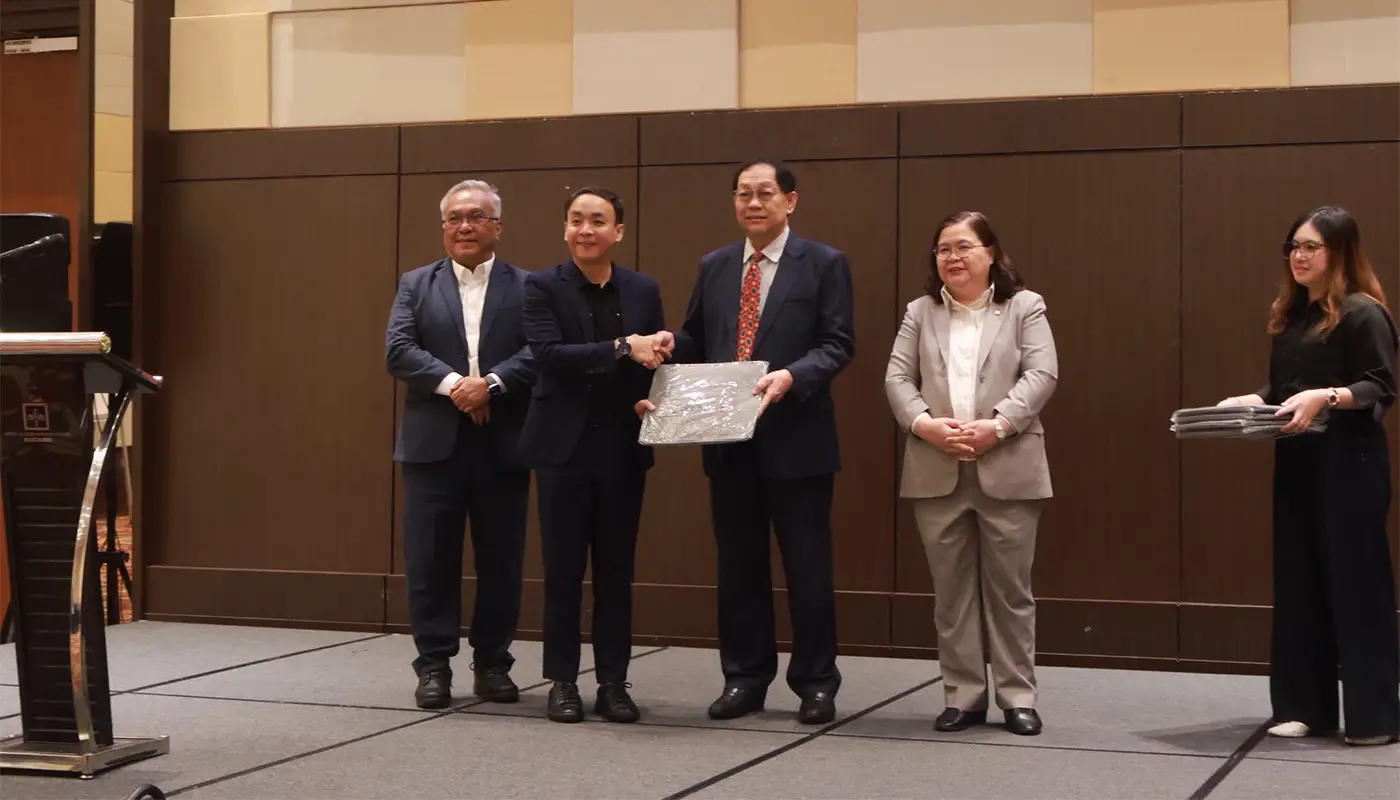KUCHING – Sarawak has reported an impressive 96 percent employability rate among Technical and Vocational Education and Training (TVET) graduates as of October 2024, underscoring the strength of industry-driven training programmes in preparing youth for the labour market.
Deputy Minister of Education, Innovation and Talent Development (Talent Development), Datuk Francis Harden Hollis, said the achievement demonstrates how TVET continues to deliver skilled, job-ready graduates who can immediately meet industry needs.
“By 2025, we are targeting a 20 percent increase in TVET enrolment and a 40 percent increase in science stream students, alongside efforts to reduce Sarawak’s unemployment rate by 1.2 percentage points,” he explained during the opening of the Graduate Marketability and Industry Readiness Workshop on Monday.
He added that TVET remains central to Sarawak’s workforce agenda, with the state aiming for 30 percent skilled workforce participation—about 500,000 workers—by 2030. This growth will focus on high-value sectors such as renewable energy, aerospace, digital economy, and high-tech manufacturing, aligning with the state’s Post-COVID Development Strategy (PCDS) 2030.
To achieve these goals, the Ministry of Education, Innovation and Talent Development (MEITD) is introducing several key measures, including a state industrial training framework, a Centralised Placement Portal for graduates, and the Sarawak University-Industry Council (SUIC) to provide structured feedback between academia and industry.
“The success of PCDS 2030 depends on execution, not just planning. Our aim is to ensure that Sarawak’s education system produces graduates who are competitive, adaptable, and capable of meeting future challenges,” Francis Harden stressed.
Meanwhile, MEITD Deputy Permanent Secretary Anelia Siam, speaking at the closing of the same workshop, highlighted that graduate employability must be seen as a shared responsibility between government, universities, and industries.
“The government sets policies, provides guidelines, and invests in talent development. However, the industry must step up and leverage these opportunities to generate economic ‘spin-offs’. Ultimately, these graduates will serve the industry directly,” she said.
With Sarawak investing in talent development at both policy and infrastructure levels, stakeholders are optimistic that the state’s workforce can support rapid growth in its emerging industries while ensuring sustainable economic transformation.





